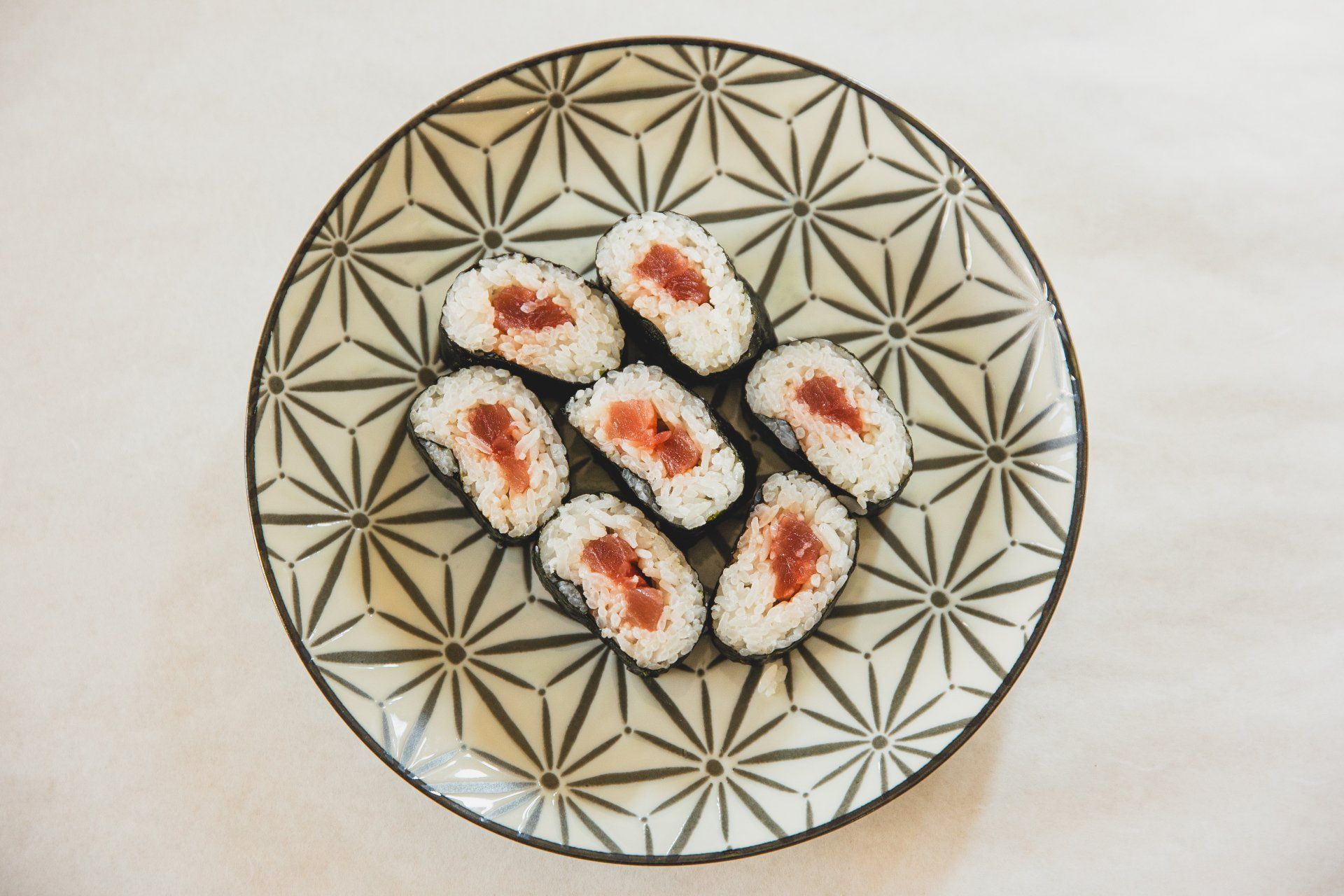Why It Won
The research shows you're more likely to lose weight with intuitive eating than with diets. This is because diets often involve restrictive eating and eliminate certain foods or food groups, which can make it difficult to stick to them long-term.
Intuitive eating, on the other hand, does not involve any restrictions and allows you to eat what you want, when you want it. This makes it much easier to stick to an intuitive eating plan in the long run, which means you are more likely to lose weight and keep it off.
Another advantage of intuitive eating is that it helps you develop a healthier relationship with food. When you diet, you often view certain foods as “good” or “bad,” which can lead to feelings of guilt or shame when you eat “bad” foods.
This can create a negative emotional relationship with food that can last long after you stop dieting. Intuitive eating, on the other hand, teaches you to listen to your body and eat in response to hunger cues, rather than in response to emotions. This helps you develop a more positive relationship with food and can make it easier to maintain a healthy weight in the long-term.
If you are looking to lose weight and develop a healthier relationship with food, then intuitive eating may be right for you.
What Is the Intuitive Eating?
Intuitive eating is an approach to wellness that is based on honoring your hunger, listening to your fullness cues, and making peace with food. It is a non-diet approach that allows you to eat what you want, when you want it.
There are 10 principles of intuitive eating that can help you achieve a healthy relationship with food and your body. These principles include honoring your hunger, making peace with food, challenging the food police, feeling your fullness, discovering the satisfaction factor, coping with your emotions without using food, respecting your body, exercise, and honoring your health through gentle nutrition.
When you intuitively eat, you may find that you naturally gravitate towards healthier foods. This is because you are no longer restricting yourself from eating certain foods or food groups. You are also likely to eat more slowly and mindfully, which can help you better enjoy and appreciate your food.
Background
The intuitive eating movement began in the early 1990s with two dietitians, Evelyn Tribole and Elyse Resch. They were inspired by their own personal experiences with yo-yo dieting and body image issues, as well as their professional work with clients who were struggling with similar issues.
Tribole and Resch created the Intuitive Eating Program, which is based on 10 principles of intuitive eating. These principles encourage people to reconnect with their hunger and fullness cues, honor their cravings, and make peace with food.
Since its inception, the intuitive eating approach has gained popularity and is now practiced by Registered Dietitians and other health professionals all over the world. There are even Intuitive Eating support groups and online communities.
If you're interested in learning more about intuitive eating, check out these resources:
-The Intuitive Eating Workbook by Evelyn Tribole and Elyse Resch
-Intuitive Eating by Tribole and Resch
-Body Respect by Linda Bacon and Lucy Aphramor
-Health at Every Size by Linda Bacon
What We Love About Intuitive Eating
Benefits
There are many benefits of intuitive eating, including improved physical and mental health. For example, research has shown that intuitive eaters tend to have a healthier body weight, lower levels of cholesterol and blood pressure, and better overall dietary intake. Additionally, intuitive eaters report higher levels of satisfaction with their bodies and less disordered eating behaviors.
One of the best things about intuitive eating is that it allows you to develop a healthy relationship with food. Instead of worrying about calories or dieting, you can focus on enjoying the experience of eating. This can help you to appreciate food more and make better choices about what to eat.
Some additional benefits of intuitive eating include improved mental health. For example, intuitive eaters tend to report higher levels of self-esteem and body satisfaction. They also have less disordered eating behaviors, such as bingeing and purging. Additionally, intuitive eaters are more likely to maintain a healthy weight over time.
One of the most important benefits of intuitive eating is that it can help improve your relationship with food. Intuitive eating teaches you to listen to your body's hunger cues and to eat in response to those cues, rather than in response to emotions or external cues (like seeing an advertisement for a delicious food). This can help you break the cycle of yo-yo dieting and emotional eating, which can be harmful to your physical and mental health.
Research Studies Backing Up The Benefits
Though often maligned, intuitive eating has been shown to have a number of benefits, both mental and physical. Here are just a few of the studies that have been conducted on the subject:
1. A 2012 study published in the journal Obesity found that women who practiced intuitive eating were more likely to have a healthy body weight than those who didn't.
2. A 2014 study published in the journal Appetite found that intuitive eaters were more likely to have better blood sugar control than those who didn't.
3. A 2015 study published in the journal Nutrition Research found that intuitive eaters were less likely to be obese and had lower levels of inflammation than those who didn't.
4. A 2016 study published in the journal Public Health Nutrition found that intuitive eaters were more likely to have a healthy relationship with food than those who didn't.
5. A 2017 study published in the journal JAMA Internal Medicine found that intuitive eaters were less likely to develop type 2 diabetes than those who didn't.
Intuitive eating has also been shown to improve mental health. A 2010 study published in the journal Eating Behaviors found that women who practiced intuitive eating had lower levels of anxiety and depression than those who didn't.
Here's a full list of
research studies done on intuitive eating.
How To Follow Intuitive Eating
A Typical Breakfast
A typical breakfast recommended by intuitive eating proponents would likely include a wide variety of foods, as they believe that all foods can fit into a healthy diet. This could include anything from eggs and toast to oatmeal or pancakes.
The important thing is to listen to your body and eat what sounds good to you in the moment. Trusting your intuition and allowing yourself to eat what you truly crave will lead to a more satisfying and nutritious breakfast than following a strict meal plan. Intuitive eating also discourages calorie counting and instead focuses on honoring your hunger cues.
A Typical Lunch & Dinner
Basically, a light meal that is easy to digest. This might include soup, salad, and a simple protein such as chicken or fish. The goal is to eat until you are satisfied, but not stuffed. Intuitive eating also recommends listening to your body's hunger cues and choosing foods that sound appealing in the moment.
This means that there is no "right" or "wrong" way to eat, and that you should trust your own judgment about what and how much to eat. Ultimately, the goal of intuitive eating is to develop a healthy relationship with food and your body, so that you can enjoy all types of foods without feeling guilty or restricted.
Typical Snacks
There is no one-size-fits-all answer to this question, as the type of snack recommended by intuitive eating proponents will vary depending on the individual's unique preferences and needs.
However, some common snacks that may be recommended include fruits and vegetables, whole grain crackers or bread, yogurt, nuts, seeds, or protein-rich foods such as hard boiled eggs. The key is to listen to your body and choose a snack that will satisfy your hunger without leaving you feeling overly full or tired.
Downsides Of Intuitive Eating
Though intuitive eating has many benefits, there are also some potential downsides to be aware of. One is that it can be difficult to stick to, especially if you're used to following a more structured diet.
This can make it challenging to get the nutrients your body needs and you may end up overeating or making poor food choices if you're not paying attention. Additionally, some people find that they gain weight when they start intuitive eating, which can be discouraging. If this happens, it's important to remember that weight is not the most important thing and that you're still doing something good for your body by listening to its signals.
Finally, intuitive eating may not be right for everyone, and some people may find that other methods of weight loss or management work better for them. If you're struggling with intuitive eating, don't be afraid to talk to a registered dietitian or another healthcare professional for help.
5 Respected Health Websites That Endorse Intuitive Eating










